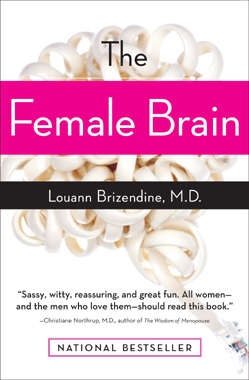 Discussions about bio-identical hormones and compounding pharmacies have been in the mainstream media a lot recently, particularly since Oprah has been covering the topic. Specifically in terms of "hormone replacement" for women going through menopause, women with PMS concerns, and men and women with "low libidos," what makes bio-identical hormones different than those from the big pharmaceutical companies is that these hormones are created to be the same in structure as our own natural hormones, which ideally improves the benefits and decreases the negative side effects.
Discussions about bio-identical hormones and compounding pharmacies have been in the mainstream media a lot recently, particularly since Oprah has been covering the topic. Specifically in terms of "hormone replacement" for women going through menopause, women with PMS concerns, and men and women with "low libidos," what makes bio-identical hormones different than those from the big pharmaceutical companies is that these hormones are created to be the same in structure as our own natural hormones, which ideally improves the benefits and decreases the negative side effects.
Last night I attended a lecture on Women & Hormones (and Wine, because it was in a wine bar :). For the record, I do perceive some aspects of taking hormones as just another part of the western biomedical mentality of popping pills for a quick fix instead of looking at the big picture of what may be causing the imbalance in the first place (e.g., diet, exercise, environmental toxins, stress, sleep). However, I think this is valuable knowledge to have and a tool in one's tool chest of health. I found it personally valuable (as someone who deals with PMS) and professionally valuable because I see many female clients in their menopausal phase, as well and women and men with sex drive concerns.
One piece of valuable information for me was around how to best absorb and use various hormones. For example, progesterone is best taken orally. On the other hand, testosterone and estrogen are best administered transdermally (e.g., patch or cream). Estrogen can be dangerous for women to take because it can accelerate the growth of some breast tumors. However, taking it through the skin means that it's being absorbed directly into the blood stream and in the area where it is applied. Therefore it doesn't go through the processing of the liver until a second pass when the dose is way lower. This means that the positive benefits are present, while the potential negative side effects are reduced.
There is loads of much more detailed information around these topics, and if you've been taking or considering taking hormones, I think it's very valuable to know about and look into compounding pharmacies (who offer bio-identical hormones) as an alternative to mainstream drug options.
Sex Therapy & Relationship Counseling in San Diego











































